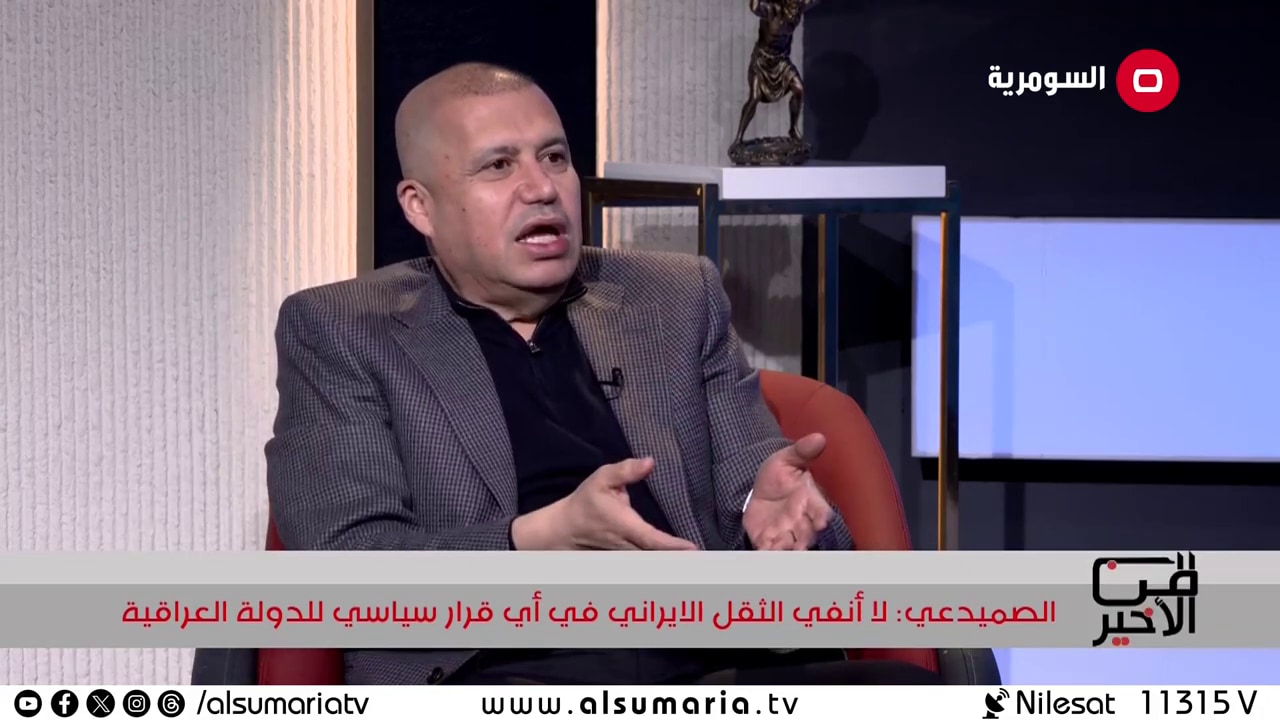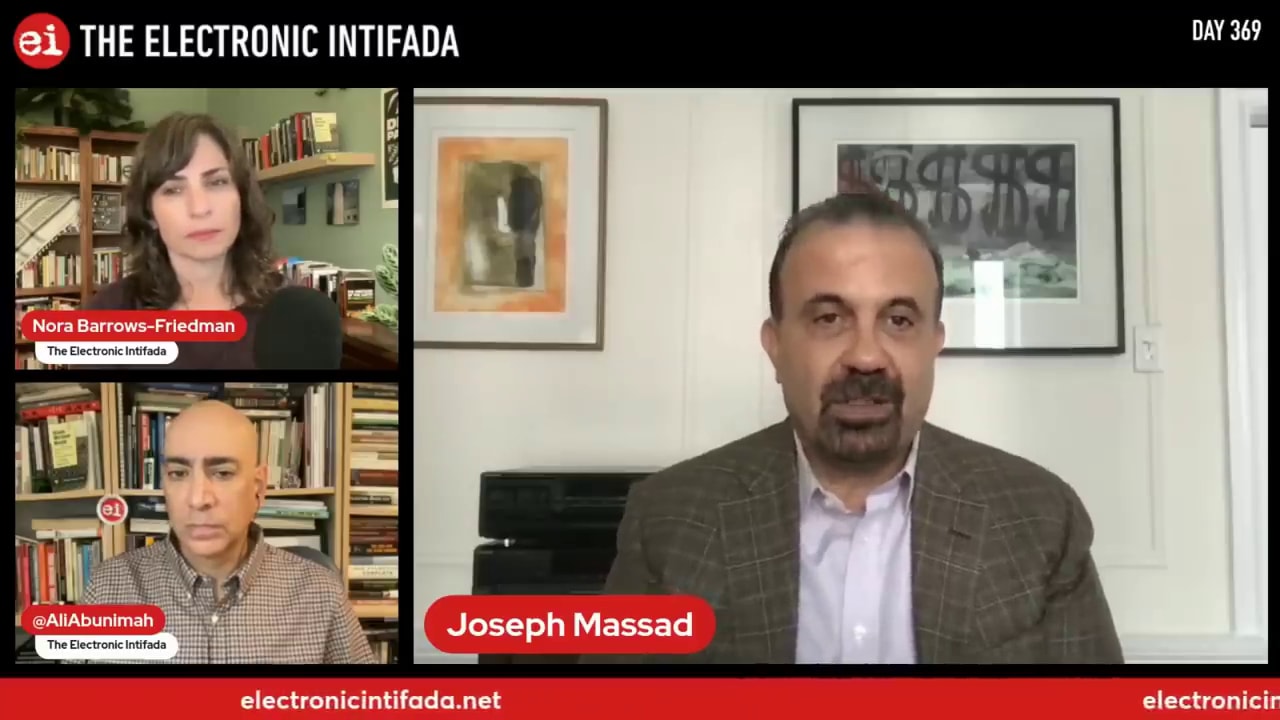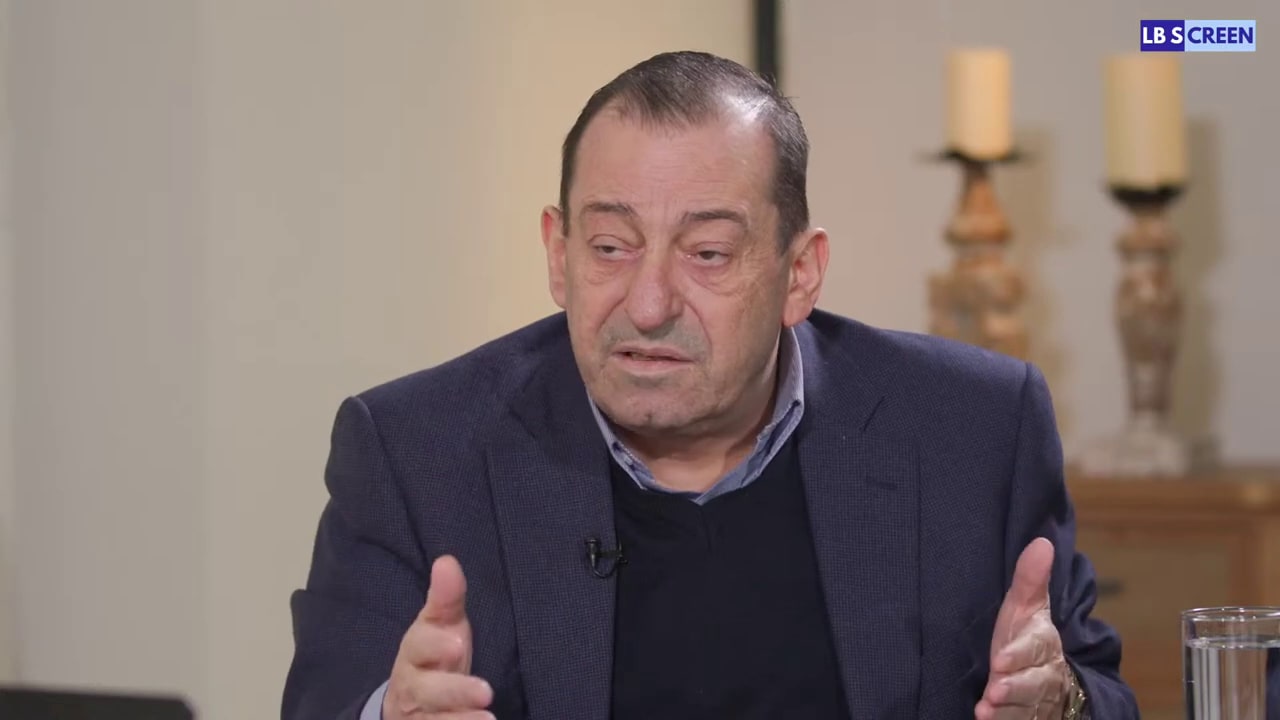
Following are excerpts from an interview with General Mohammad-Ali Jaafari, the newly-appointed commander of the Iranian Revolutionary Guards Corps. The interview aired on Channel 2, Iranian TV, and on Al-Alam TV, on September 23, 2007
Report on Channel 2, Iranian TV
Mohammad-Ali Jaafari: The question whether the enemy is capable of carrying out its threats... The enemy might take such a step out of stupidity or madness. We are always prepared to deal with threats of this kind. But according to our calculations and assessments, the enemy will refrain from carrying out its threats. By making threats, the enemy might be trying to accomplish political goals, but whether they are capable of carrying out these threats... Apparently, the conditions prevailing today and Iran's capabilities, such as unity, solidarity, and military preparedness... I don't mean only military preparedness, but also in terms of equipment. I'm referring to our long-range [missiles], as well as other weapons at our disposal, which, along with all the weapons that we produce in Iran, have greatly increased our capabilities, compared to the past. If the enemy makes sensible assessments, I do not believe it will take such a step. However, we do not always expect the enemy to act sensibly. It might act unwisely.
[...]
The enemy's weaknesses in the region have been exposed. It has revealed its cards. For years, the enemy has been engaged in wars with two of our neighbors. All these battles are taking place before our eyes, and we are examining and monitoring them. We have fully studied and identified all the enemy's weaknesses, and today we can easily take action on the basis of these weaknesses. The warfare that we are talking about, which will be employed against the enemy confronting Iran, differs from the warfare of the previous war. The enemy should not think that we will repeat the mistakes of the Saddam regime. Our army is not a classical army, and we will not employ classical warfare in fighting the enemy. We will employ asymmetric warfare, and methods that can completely neutralize the enemy's material capabilities in all spheres – the enemy's air superiority or any other aspect. Today, this kind of experience is at the disposal of our military frameworks, and especially the IRGC. This is especially true with regard to the experience that was gained last year during the 33-day Israeli-Lebanese war.
[...]Report on Al-Alam TV
Interviewer: Where would you draw the line in your response, and what would you consider to be legitimate American targets if [the war] becomes a reality?
Mohammad-Ali Jaafari: It is Iran's natural and indisputable right... When the enemy stations itself in the territory of a friendly, Muslim country, and uses it to launch military operations against us, we will naturally strike at the location of the enemy. I must emphasize that we never harm our Muslim brothers in the countries of the region, especially in those countries that do not allow the U.S. to use their territories. In any case, we will find ourselves in war conditions, and responding in kind to an enemy that uses these countries' territories will be our indisputable right, and we may take action against the enemy in these places. This might lead to some losses in these countries. Countries in the region that collaborate with the enemies of Islamic Iran, or the enemies of the Islamic countries, should be aware of the fact that if a war breaks out, parts of their territories in which the enemy is stationed, and from which it launches its attacks against Iran, will be subject to our retaliation.














